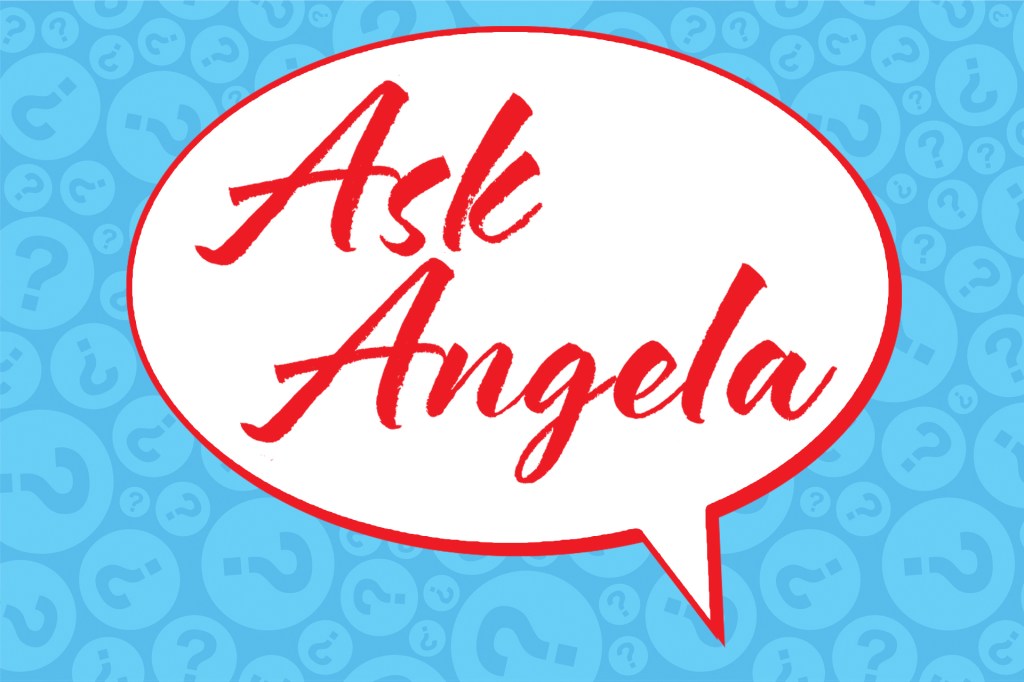Ask Angela: Digital Distraction

Have questions? Angela Haupt connects with experts and shares their words of wisdom.
Angela Haupt is a health and wellness editor at TIME. She talks with experts about problems readers are having, then writes articles to share what she learns. Here, she offers tips on what to do when someone is digitally distracted.
What do I say when someone is too caught up in their technology to pay attention to me?
Trying to talk to someone who’s looking at their phone is a common experience. There’s even a name for ignoring someone in favor of a phone: phubbing, short for phone snubbing. “Everyone hates it, but everyone has also done it,” says Jean Twenge, a professor of psychology at San Diego State University, in California. “When someone phubs you, you feel like you’re not important—that whatever is on their phone is more important than you.”
Phubbing can negatively affect mental health and relationships with other people. That’s why it’s worth speaking up about, even if its hard. “It’s challenging and awkward, but we should be doing this,” Twenge says. “We need to be confronting this situation.”
There are different things you can say to help your friend or family member get over their digital distraction. Give one of these a try.
“Can we put our devices away?”
Suggest that you all drop your devices somewhere out of sight, like in a backpack. Twenge likes this approach. “It’s a very polite way of saying, ‘I want us to focus on this conversation,’” she says.
“Anything interesting on there you can share?”
This is a way to get someone talking about what’s on their device. They’ll look up. Do people really share? Or is it just a reminder to pay attention? “I’ve seen it go both ways,” Twenge says.
“Is now a good time to talk, or should I come back?”
This approach is direct, but it’s still respectful. It calls attention to the fact that the other person is digitally distracted, says family therapist Tessa Stuckey. But it does so without demanding immediate action from them.
“Muskrat!”
Stuckey’s son was 8 when he noticed family members paying more attention to their phones than to one another on Christmas morning. He had an idea: The family could pick a silly word to use when they wanted others to drop their devices and be present. More than five years later, the family still uses their word (muskrat). “It makes people check themselves a little bit,” Stuckey says.
If you have a question you’d like Angela to answer, send it to tfkeditors@time.com.













